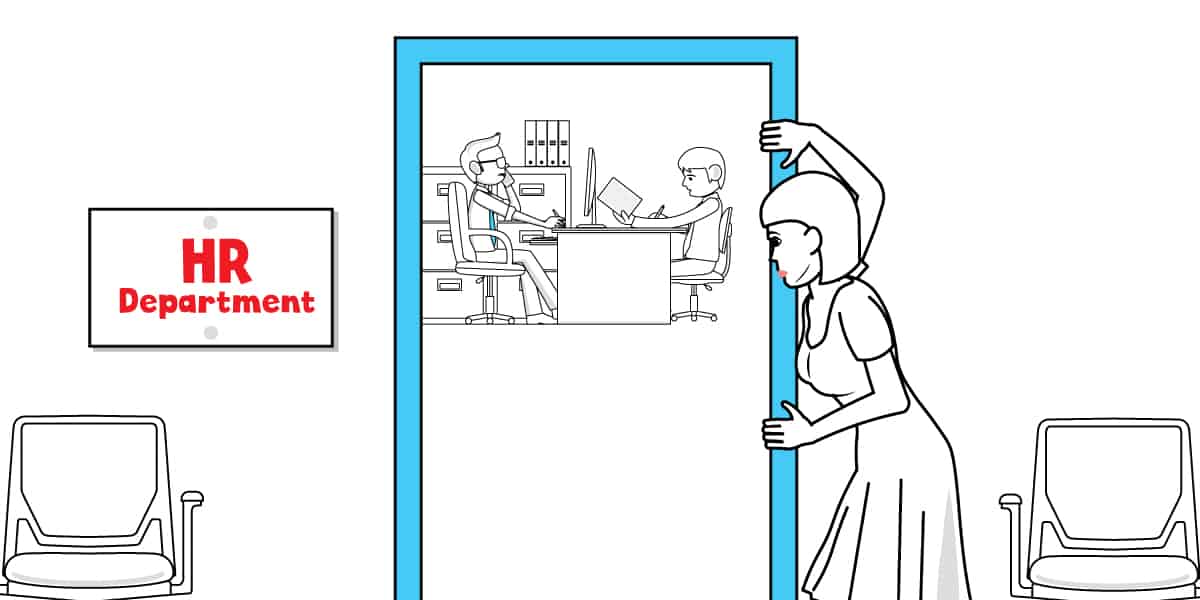All too often recruiters speak with people who, within 6 months of starting a new job, regret their decision. There are many reasons for people finding themselves in such a situation, with any blame falling equally between the employer and employee.
How can you lessen the chances of this happening in your search for a new job? “Research” is the key and with the internet and tools like LinkedIn, this is made much easier for you.
But the vital piece in the puzzle is what you do with the research and how you process this information. Below I’ve listed 24 questions for you to carefully consider before accepting a job offer.
- What is the standing and reputation of the new employer?
- Do their values and culture match my own?
- How does the organisation’s stability and longevity match to my needs?
- Does the organisation’s approach to continuing professional development match to my needs and expectations?
- Is the role associated with, or attached to, the ‘core business’ of the organisation; or is it a part of non-mainstream activities?
- Given my career history and the risk profile of this opportunity, can I afford the risk?
- What happened to the previous position holder; or if there wasn’t one, why has this role been created?
- What are going to be the major challenges in the position?
- What are the success criteria for the role; are they realistic; and can I achieve them?
- Is there sufficient executive authority in the role to match the responsibilities and expected outcomes?
- Will I have, or can I get, sufficient resources to do what I’m expected to do?
- Why am I being offered this position – what is it about me that makes me the right person?
- Will I be able to establish my credibility in a timeframe to match the organisation’s needs?
- Will I be able to work well with my manager?
- Do I understand the challenges of becoming the manager of the existing team? Can I manage them?
- Did any internal people (particularly from within the team) apply for the role?
- Do I have the career platform to be successful in this organisation and position?
- How does the job fit into my career plans?
- Will I be stretched and what are the prospects for my continuing career development?
- Is the role appropriately remunerated? If not, are there compensating benefits, such as the experience/expertise I’d gain.
- How does the expected tenure of the role align with my needs and expectations?
- Do I want this role? Why?
- How do matters such as hours of work, location and travel requirements match to my expectations for work/life balance?
- Would those whose views I value be proud of me if I told them about this opportunity?
The other piece of advice I’d offer is in the timing of when to use these questions. If you are invited for a final interview then you really should have done your thinking by this time. Sure, you’ll still have questions and more to learn, but much of your analysis should be done. It NEVER reflects well on a person, when offered a new job, to respond by saying “can I please have 4-5 days to carefully consider this offer?”.

